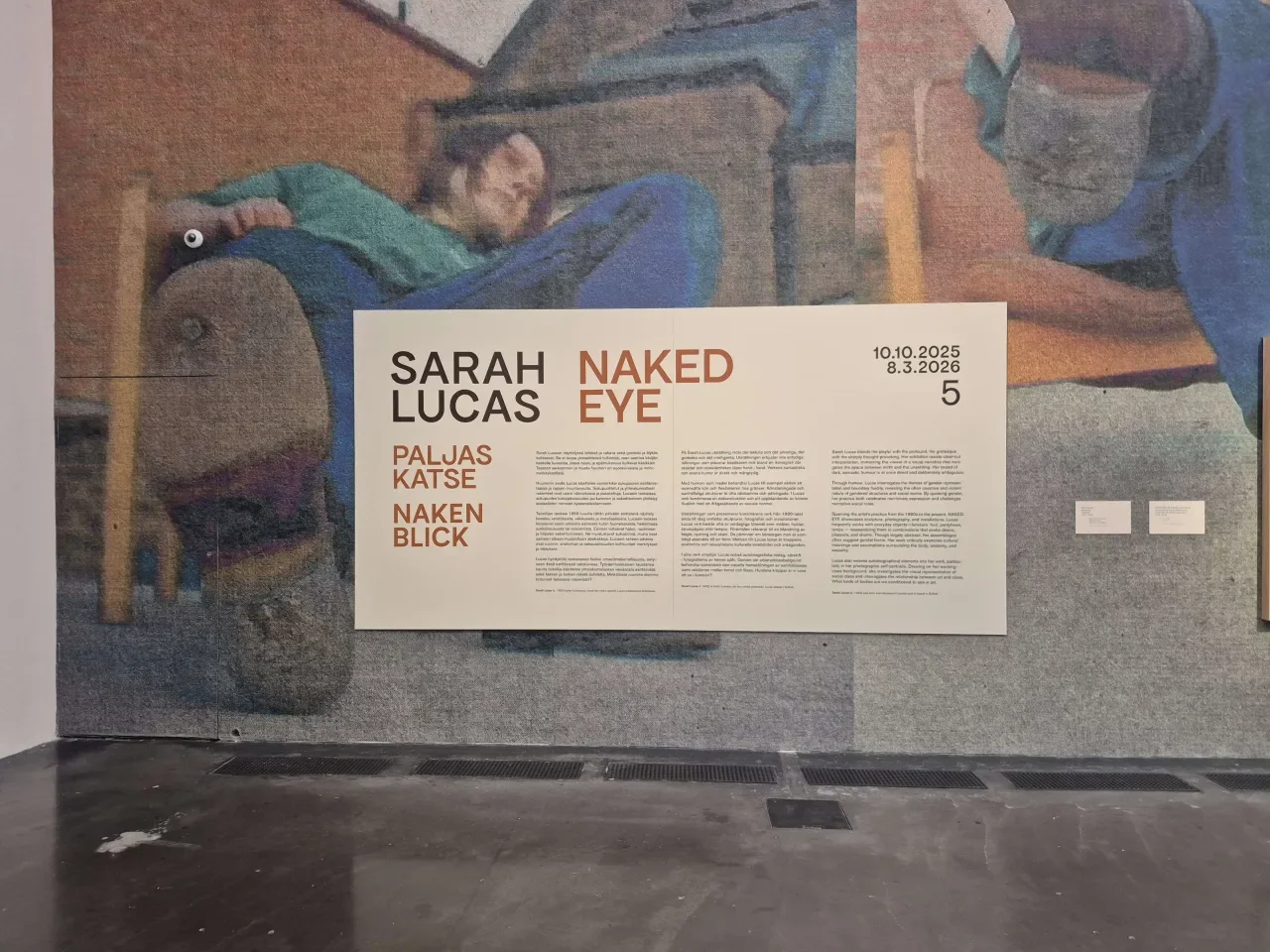The story of the Princess of Power: an analysis of MARINA’S new album
Earlier this summer Marina Diamandis, known better by her stage names MARINA or Marina and the Diamonds, released her newest album, Princess of Power. As a long-time fan, I immediately fell in love. The album utilizes classic MARINA sounds and motifs, evoking a sense of nostalgia. At the same time, she brings a new sense of maturity to her earlier Electra Heart persona.
This album couldn’t have dropped at a better time for me personally, as I recently left behind my teenage years and turned twenty. As a thirteen-year-old, there was nothing I loved more than wrapping my deeply troubled spirits in glittering, upbeat pop-music, romaticizing my mental struggles to make them more bearable. Now I’m looking forward to a continued journey of growing and healing — with this album right beside me.
That’s not to say this musical journey is all a bed of roses. Princess of Power is an emotional rollercoaster, with ups and downs — just like growing up and trying to unpack and heal from your own traumas. Does it have a happy ending though? Let’s take a listen.
The first three songs of the album, the titular Princess of Power and Butterfly and Cuntissimo, which were also released as singles, bring a positive vibe all about transformation and moving on. Princess of Power tells the listener to embrace love and vulnerability, while Butterfly is all about leaving toxic influences behind to become the best version of yourself. Cuntissimo is maybe the most reminiscent of Marina’s older Electra Heart personality, but she brings a fresh twist by abandoning her desire of love for a desire of fame — visually you might notice that the iconic heart on a cheek look has been swapped for a star.
Then we move onto the relationship at the center of the album. Rollercoaster is a joyful song, seemingly hopeful about a new love and everything it will bring. However the title casts some foreshadowing on what’s yet to come. When we move onto Cupid’s Girl and Metallic Stallion, it becomes clear this relationship isn’t as reciprocal as initially believed. Both songs are about chasing somebody, but there’s a difference. Cupid’s Girl is confident, even aggressive. She’s pursuing what she wants, sure the outcome will be in her favour. Metallic Stallion has a more melancholic vibe and the chase feels more desperate, as if part of her already knows it won’t work. Either way, this obsessively looking for love seems like a setback to old patterns. And who hasn’t experienced that? Nobody said that change was linear.
In Je Ne Sais Quoi, we get a closer look at the romance, making it even clearer that the relationship is all limerence. Towards the end of the song, our protagonist starts questioning the object of her affections, realising he might not be the one after all. In Digital Fantasy the illusions are all gone, with an honest, if bitter, acknowledging the relationship was built on nothing but fantasy.
Everybody Knows I’m Sad is a full depressive episode. The unlucky love has left the Princess without her power. She’s questioning herself and her desire to change, wondering if maybe she’s doomed to be alone forever. It’s a raw and painful song. It feels like something which could easily be found on one of her earlier albums, like Family Jewels, a dark and sad collection of songs.
In Hello Kitty, she recognizes her own habits in an honest, yet melancholic, almost resigned, way. Is this self-reflection about giving up, or is it an important tool in changing? To my ears, I <3 You leaves this ambiguous. On the surface it’s a fun song with a love affair that seems happy and reciprocated. But is it really, or is it another attempt at projecting hopeless love onto somebody else in an effort to find happiness?
Adult Girl feels real and sorrowful. It’s about the struggles and fears of growing up while still being held back by your past self. It feels like an apt summary of the album, and I initially thought it would make the best last track of the album. I didn’t know how to feel about Final Boss, especially as a closing track.
Final Boss is triumphant in a bittersweet way. She finally won, but at what cost? The Princess of Power went through her struggles and came out on the other side with lessons learned, and more than a few hits taken, but where will she go next?
I believe the album can be listened to cyclically. After beating the Final Boss, she can go back to being the Princess of Power. Whether she will do that, and whether things will subsequently play out the same way as the first time, is up to the listener. I like to think she eventually got a happy ending, though.





